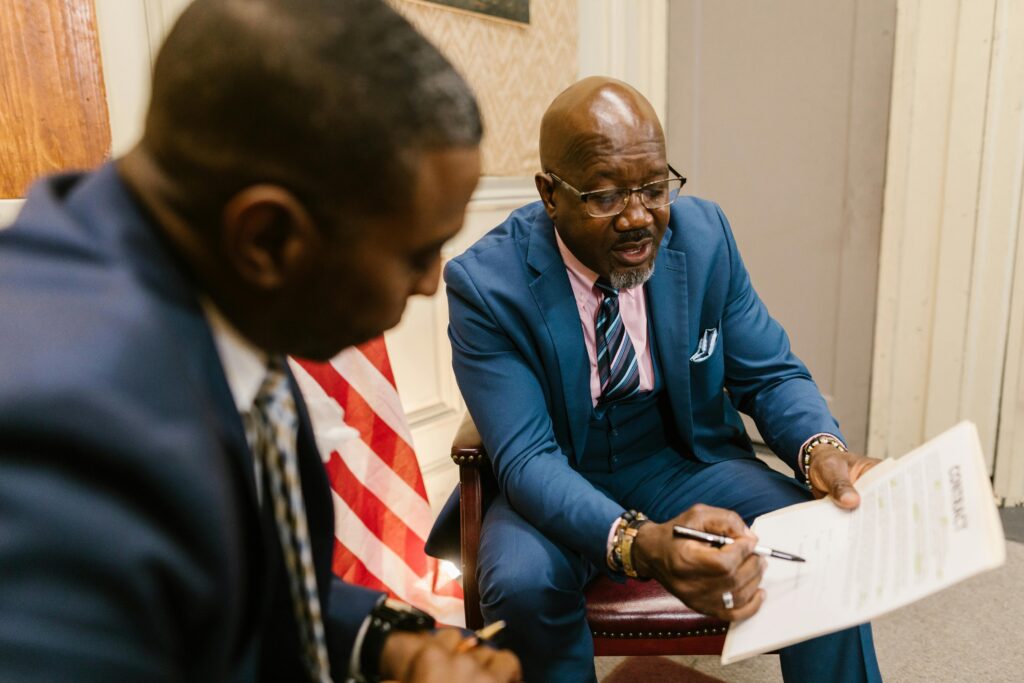Executor Mistakes That Can Lead to Lawsuits
When New Jersey residents write their wills, one of the most important decisions they make is choosing the person who will act as their executor. Executors have many important tasks to complete during the probate process, and their activities are closely scrutinized by the estate’s beneficiaries and the court. Executors who make mistakes can be replaced or sued, and they may be held personally responsible if their errors led to creditors or tax bills not being paid.
Not Making Proper Notifications
One of an executor’s most important duties is notifying all of the estate’s creditors and potential heirs about the decedent’s passing. This will frequently include individuals who are not specifically named in the last will and testament. If parties that have a legitimate claim are not properly notified, they could file a lawsuit against the executor. This is one of the most common executor mistakes.
Not Paying the Estate’s Debts in the Correct Order
An estate’s debts must be paid according to priorities established by New Jersey law. This is something executors have to bear in mind if the estate is insolvent. An estate is considered insolvent when the funds raised by liquidating its assets will not be enough to pay all of its debts. If an insolvent estate’s executor does not pay debts in the correct order, an unpaid priority creditor could take legal action to recover the money they are owed.

Not Paying the Estate’s Outstanding Taxes
Before an executor distributes assets to beneficiaries, he or she must make sure that all of the estate’s outstanding state and federal tax obligations are paid in full. If this is not done, beneficiaries may be asked to return their bequests. If beneficiaries refuse this request or have already spent the money, executors may be ordered to pay outstanding taxes out of their own pockets. This rarely happens in New Jersey because the Garden State abolished its estate tax in 2018, and the current federal estate tax exemption is $13.61 million.
Comingling Estate and Personal Assets
Executors are expected to open financial accounts to safeguard an estate’s assets during the probate process. When these assets include stock portfolios and retirement funds, a checking and an investment account may be needed. Executors should make sure that their personal funds do not become comingled with the estate’s money. This kind of financial comingling could lead to inaccurate records, questions from beneficiaries and possible lawsuits.
Failing to Keep Accurate Records
Executors are required to keep detailed and accurate estate administration records. If they cannot produce checks, receipts or other relevant documents, their final accounts could be challenged by the estate’s creditors and beneficiaries. If the estate is significant, keeping track of its administration could be a daunting task.
Breaches of an Executor’s Fiduciary Duty
Executors have a fiduciary duty to always act in the best interests of the estate and its beneficiaries. This means that they must never place their personal interests ahead of their estate duties. If executors mismanage estate assets in a way that benefits them and harms beneficiaries, they could be sued. If an executor is sued for failing to meet their fiduciary duty and the facts suggest that they acted with intent, they could be ordered to pay punitive as well as compensatory damages.
Helping Executors to Avoid Mistakes and Lawsuits
Many people choose trusted friends, relatives or colleagues to serve as their estate executors, but these individuals may not possess the skills needed to smoothly guide an estate through the probate process. A New Jersey estate litigation lawyer could help executors to avoid common mistakes that could lead to litigation by explaining what tasks must be completed during probate and what records should be kept. An attorney could also provide advice and guidance to executors who feel overwhelmed by their responsibilities and the expectations placed on them by beneficiaries.
Legal Help With Estate Planning Issues
If you are thinking about drafting an estate plan, you probably have many questions. An experienced New Jersey estate litigation lawyer could answer those questions and suggest strategies that could avoid the probate process and give you more control over how and when your assets are distributed to your heirs. The attorneys at the Knee Law Firm have more than 60 years of legal experience. You can schedule a consultation with one of our estate planning attorneys at our office by calling (201) 996-1200. You can also use our online form to arrange a consultation.